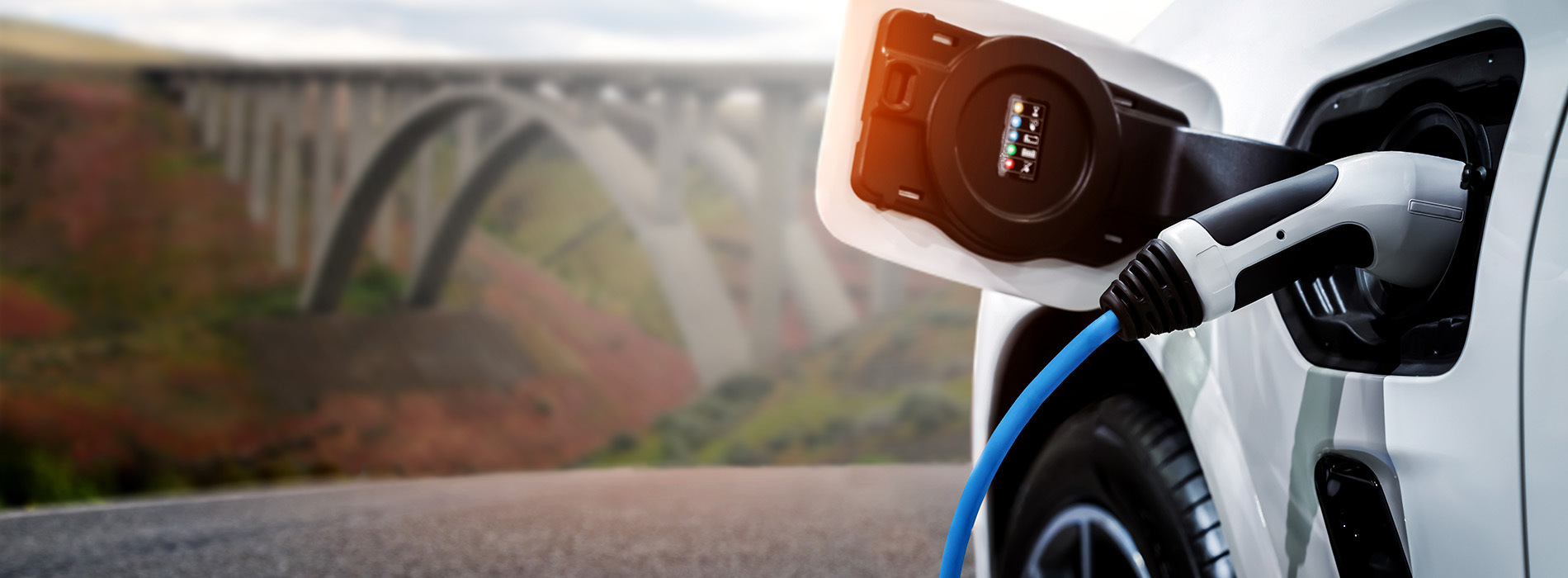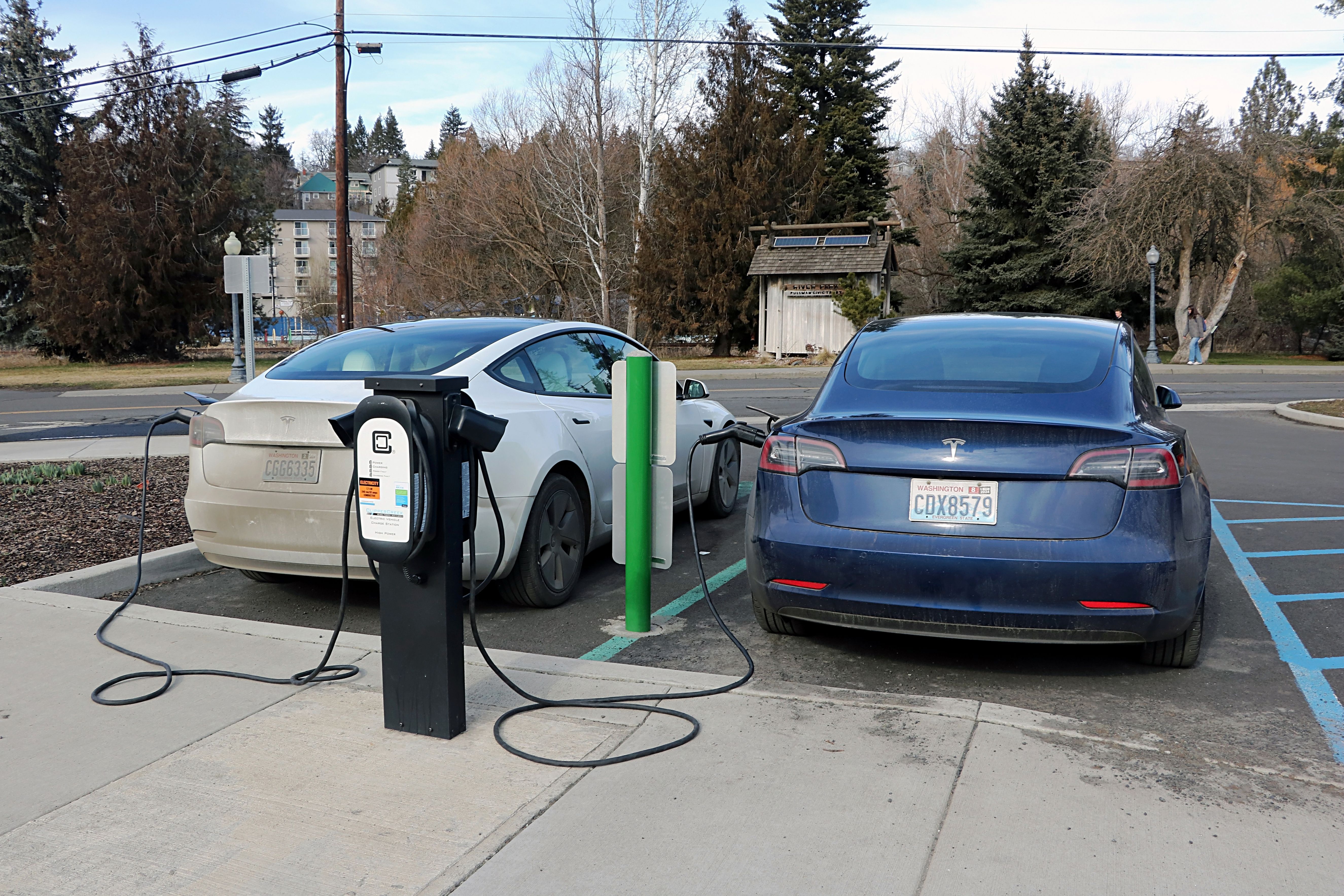Key Innovations in the EV Sector You’ll Find in Today’s Buy EV Charging news
Key Innovations in the EV Sector You’ll Find in Today’s Buy EV Charging news
Blog Article
New Advancement in EV Charging: Exactly How the Sector Is EVolving to Satisfy Demand
As the electrical vehicle (EV) market proceeds to expand, the charging framework is undergoing considerable improvements to attend to the rising demand. The implications of these developments raise essential questions concerning the future of EV billing and its duty in the broader power ecosystem.
Development of Billing Infrastructure
The rapid growth of electrical vehicle (EV) charging facilities is an important part in promoting the prevalent adoption of electrical movement. As governments, personal companies, and customers significantly identify the importance of lowering carbon exhausts, investments accountable networks have surged. This infrastructure growth is important to minimize array anxiety, making sure that EV customers have hassle-free accessibility to billing terminals.
Significant developments in billing terminal technology and deployment approaches have emerged. Urban areas are seeing an expansion of public charging stations, while rural regions are slowly being incorporated into the billing network. Additionally, collaborations between automobile makers and charging companies are ending up being extra common, promoting the establishment of thorough networks that improve customer experience and access.
On top of that, the combination of renewable resource resources right into charging stations is getting energy, promoting sustainability in the EV ecological community. This shift not only supports ecological goals but also lines up with the climbing need for eco-friendly energy options among consumers.
Ultra-Fast Charging Technologies
Ultra-fast billing technologies represent a substantial jump onward in the EV billing landscape, enabling electric automobiles to recharge in a portion of the time compared to typical charging approaches. These technologies usually deliver power degrees going beyond 150 kW, with some systems getting to up to 350 kW or more, substantially reducing charging times to as little as 15-30 minutes for a significant charge.
Key allowing technologies consist of advancements in battery chemistry, power electronics, and thermal management systems. High-capacity batteries with improved thermal stability allow for faster charging without overheating. EV Charging news. Additionally, advancements in charging infrastructure, such as liquid-cooled wires and modular charging stations, assist in efficient power transfer, boosting the general individual experience
Significant automotive suppliers and innovation companies are actively spending in ultra-fast charging networks, identifying the important duty they play in overcoming variety anxiety and accelerating the adoption of electric cars. As these technologies end up being a lot more widely offered, the EV market is expected to witness substantial development, making electrical movement an extra eye-catching choice for customers. Overall, ultra-fast charging modern technologies are pivotal in shaping the future of lasting transport, leading the way for an extra extensive and efficient billing environment.
Smart Grid Integration

With need feedback strategies, smart grid systems can change charging schedules based on grid conditions and electrical power prices. During durations of high need, charging can be postponed to off-peak hours, resulting in reduced expenses for customers and minimized strain on the grid. Additionally, vehicle-to-grid (V2G) innovations allow EVs to discharge energy back into the grid, boosting and supplying supplementary services grid security.
Assimilation with eco-friendly energy sources additionally improves the sustainability of EV billing. By lining up billing activities with durations of high solar or wind generation, wise grids advertise a greener billing infrastructure. Ultimately, clever grid integration not just supports the growing demand for EVs yet additionally adds to a more lasting and durable power future, placing the sector for lasting success.
Battery Developments
Among the fast development of electric vehicles (EVs), battery technologies stand at the leading edge, driving innovations in sustainability, efficiency, and performance. As the need for EVs rises, suppliers and researchers are focusing on visit this site boosting battery modern technologies to resolve obstacles such as array anxiety and billing times.
Lithium-ion batteries stay one of the most commonly made use of technology, yet brand-new materials and chemistries are arising to enhance energy density and long life. Solid-state batteries, for example, promise higher power storage ability and enhanced security by replacing fluid electrolytes with solid ones. This change can significantly reduce the danger of fire and boost the life expectancy of batteries.
In addition, developments in battery recycling processes are crucial for sustainability. Firms are creating methods to recover important products like lithium, cobalt, and nickel from made use of batteries, promoting a round economic climate and decreasing ecological impact.

Worldwide Charging Requirements

Efforts are underway to establish worldwide charging standards that promote compatibility among various EV designs and charging terminals. Organizations such as the International Electrotechnical Commission (IEC) and the Society of Automotive Engineers (SAE) are functioning collaboratively with vehicle manufacturers and energy carriers to develop detailed guidelines. EV Charging news. These standards goal to enhance the billing procedure, decrease the demand for several adapters, and improve user experience
In addition, standardization can considerably boost the expansion of the billing network, as it urges investment by making framework development extra foreseeable and effective. As the EV market matures, a unified method to charging requirements will be vital for making certain that customers can charge their vehicles comfortably and reliably, consequently sustaining the read broader shift to sustainable transportation.
Conclusion
The electric automobile billing market is undertaking significant change to address the rising need for lasting transport. Advancements in billing facilities, ultra-fast modern technologies, wise grid integration, and innovative battery solutions are essential in boosting user experience and operational efficiency. The quest of international charging criteria is vital for guaranteeing interoperability across different regions and systems. Collectively, these advancements place the industry to sustain a wider adoption of electric cars, eventually adding to a more sustainable future.
Urban areas are seeing a spreading of public billing stations, while country regions are gradually being integrated into the billing network. Additionally, developments in billing infrastructure, such as liquid-cooled wires and modular billing terminals, assist in efficient power transfer, improving the overall customer experience.
On click for more the whole, ultra-fast charging innovations are crucial in shaping the future of sustainable transport, paving the method for a more substantial and reliable charging ecological community. - EV Charging news
By straightening billing tasks with periods of high solar or wind generation, wise grids promote a greener charging framework.Initiatives are underway to establish international billing criteria that facilitate compatibility among numerous EV models and billing stations.
Report this page